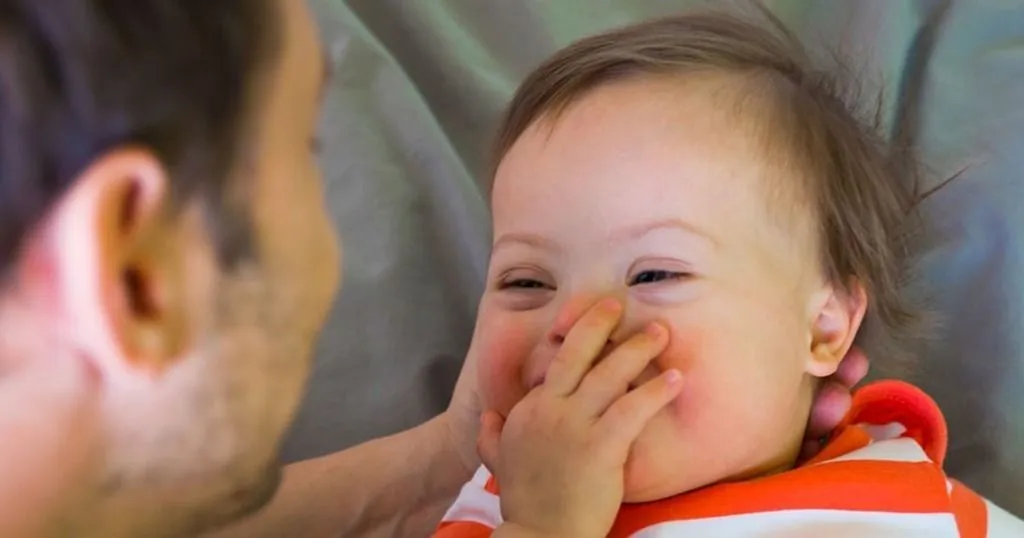Blog posts tagged with developmental disorder

04 Jul
animal behavior research
Anxiety, Depression and Fear
Left on read - how social rejection rewires the teenage brain
A recent study combined behavioral tracking with immunohistochemistry to research how a developing brain processes social exclusion. Keep reading to find out how EthoVision XT enables anxiety research.

03 Apr
human behavior research
Psychology
Language development and joint engagement in children with Down syndrome
In children with Down syndrome, delays in speech and language skills are common, while early social skills are relatively strong. How are these developmental milestones related?

14 Nov
human behavior research
Psychology
Facial mimicry and social cognition in children with autism spectrum disorder
When we want to understand each other better, we tend to copy one another's facial expressions. How does this work in children with autism spectrum disorder? In this blog post, you’ll learn more about facial mimicry in ASD.

19 Sep
human behavior research
Psychology
Let's work together: mother-adolescent interactions in fragile X syndrome
All parents want their children to comply with their requests - for at least some of the time! What's the best way to request something when you have an adolescent boy with fragile X syndrome?

06 Sep
human behavior research
Psychology
Using augmented toys to facilitate play in children with visual impairments
How can we help children with visual impairments in their development of play and social interactions? Drs. Suzanne Verver and her team examined the effects of sound-augmented toys on peer play.

28 Aug
human behavior research
Psychology
Understanding cognitive delays in infants with Down syndrome
Did you know that Down syndrome is one of the most common chromosomal diseases in people? Researcher Fidler and her colleagues aim to understand more about early cognitive development in people with Down syndrome.

29 Oct
human behavior research
Psychology
Parent-child interaction in autism: play behavior
Stephanny Freeman and Connie Kasari observed play behavior in an observation lab. They invited parents with their children to their observation lab and coded behavior in great detail.

24 Jun
human behavior research
Psychology
Investigating facial expressions in autism and borderline personality disorder
Within two specific populations researchers investigated the role of facial expressions on social interactions.

18 Mar
human behavior research
Psychology
Observing and analyzing repetitive movements in infants to detect autism
To examine if a specific repertoire of repetitive movements was present in children with autism, researchers used home videos to code the behaviors of the infants.

18 Jun
human behavior research
Neuroscience
Researching comorbidity in patients with autism spectrum disorder
Patients with autistic spectrum disorder also tend to have other disorders like epilepsy. Why is that and how can understanding that help us understand autism?